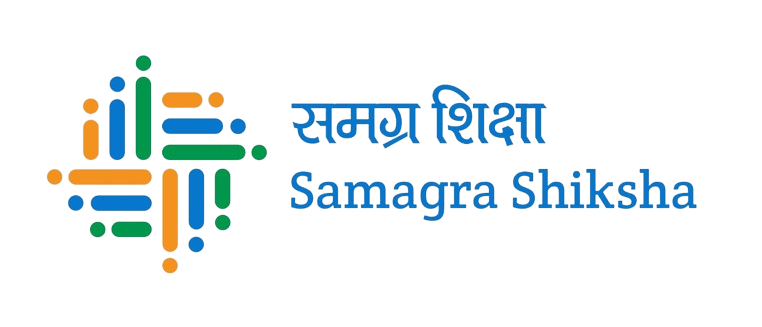Vocational Education in Secondary Education under Samagra Shiksha - Uttar Pradesh
Vocational education is a crucial component of the Samagra Shiksha Abhiyan (SSA) in Uttar Pradesh, aimed at providing students with practical skills and knowledge that can enhance their employability and prepare them for the workforce. The inclusion of vocational education at the secondary level is designed to cater to the diverse needs and aspirations of students, offering them an alternative pathway to academic and professional success.

Key Features and Objectives
Curriculum Integration:
Vocational education is integrated into the regular curriculum at the secondary and senior secondary levels. This integration allows students to choose from a variety of vocational courses alongside their traditional academic subjects, providing a balanced education that includes both theoretical and practical components.
Variety of Courses:
A wide range of vocational courses is offered, covering fields such as agriculture, health and wellness, information technology, retail, tourism, hospitality, and more. These courses are designed to meet the local and regional employment needs, making them relevant and practical for students.
Practical Training and Hands-on Experience:
Emphasis is placed on hands-on training and practical experience. Schools are equipped with workshops and laboratories where students can practice skills related to their chosen vocational course. This practical training is essential for building competence and confidence in students.
Industry Partnerships and On-the-Job Training:
To ensure that the vocational education provided is up-to-date and relevant, partnerships are established with local industries and businesses. These partnerships facilitate on-the-job training opportunities, internships, and apprenticeships, giving students real-world experience and exposure to the working environment.
Skill Development and Certification:
The courses are aligned with the National Skills Qualification Framework (NSQF), ensuring that the skills taught are standardized and recognized nationally. Upon completion, students receive certification that can help them in further education or employment.
Infrastructure and Resources:
Schools offering vocational education are provided with the necessary infrastructure and resources, including specialized equipment and tools. This includes setting up laboratories, workshops, and classrooms equipped with modern facilities to support practical learning.
Support for Teachers:
Vocational education teachers receive specialized training to enhance their skills and knowledge in their respective fields. This training ensures that they can effectively deliver the curriculum and provide high-quality education to students.
Inclusivity and Accessibility:
Efforts are made to ensure that vocational education is accessible to all students, including those from marginalized and economically weaker sections. Special provisions are in place to encourage girls and students with disabilities to participate in vocational courses.
Impact and Benefits
Vocational education under Samagra Shiksha in Uttar Pradesh aims to provide students with:
Career Readiness: By acquiring practical skills and industry-specific knowledge, students are better prepared for the job market and can pursue careers immediately after completing their education.
Higher Employability: The hands-on experience and certifications obtained through vocational courses enhance students' employability, making them attractive candidates for employers.
Alternative Education Pathways: Vocational education offers an alternative to traditional academic pathways, allowing students to explore and develop skills in specific trades and professions.
Economic Empowerment: By equipping students with skills that are in demand, vocational education contributes to their economic empowerment and self-sufficiency.
Recent Initiatives
As part of the ongoing efforts to promote vocational education, the Uttar Pradesh government has been investing in upgrading school infrastructure, developing new vocational courses, and strengthening industry linkages. These initiatives aim to expand the reach and quality of vocational education, ensuring that more students can benefit from these opportunities.
Overall, vocational education in secondary schools under Samagra Shiksha in Uttar Pradesh plays a vital role in diversifying education, providing practical skills, and opening up new avenues for students' personal and professional growth.













